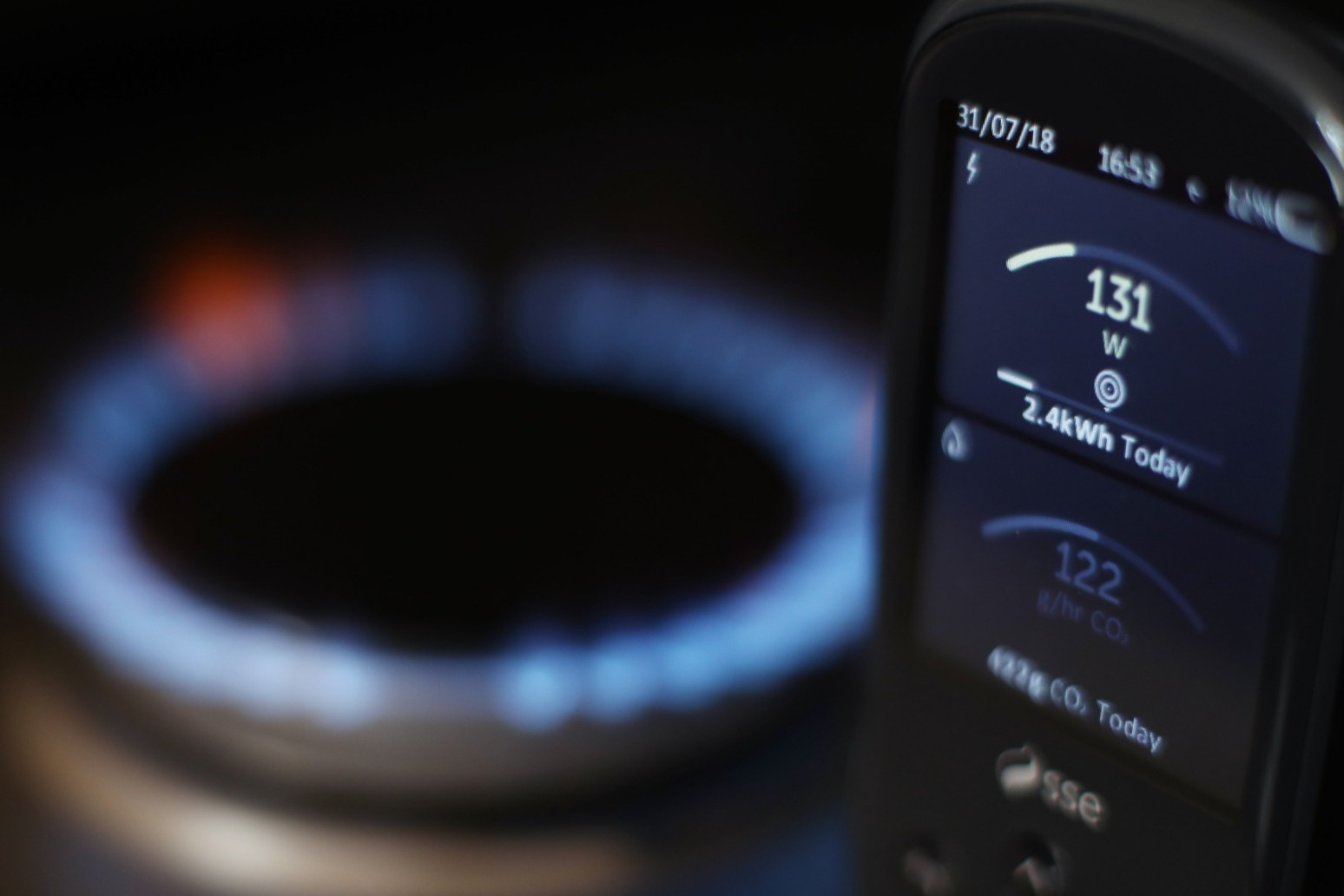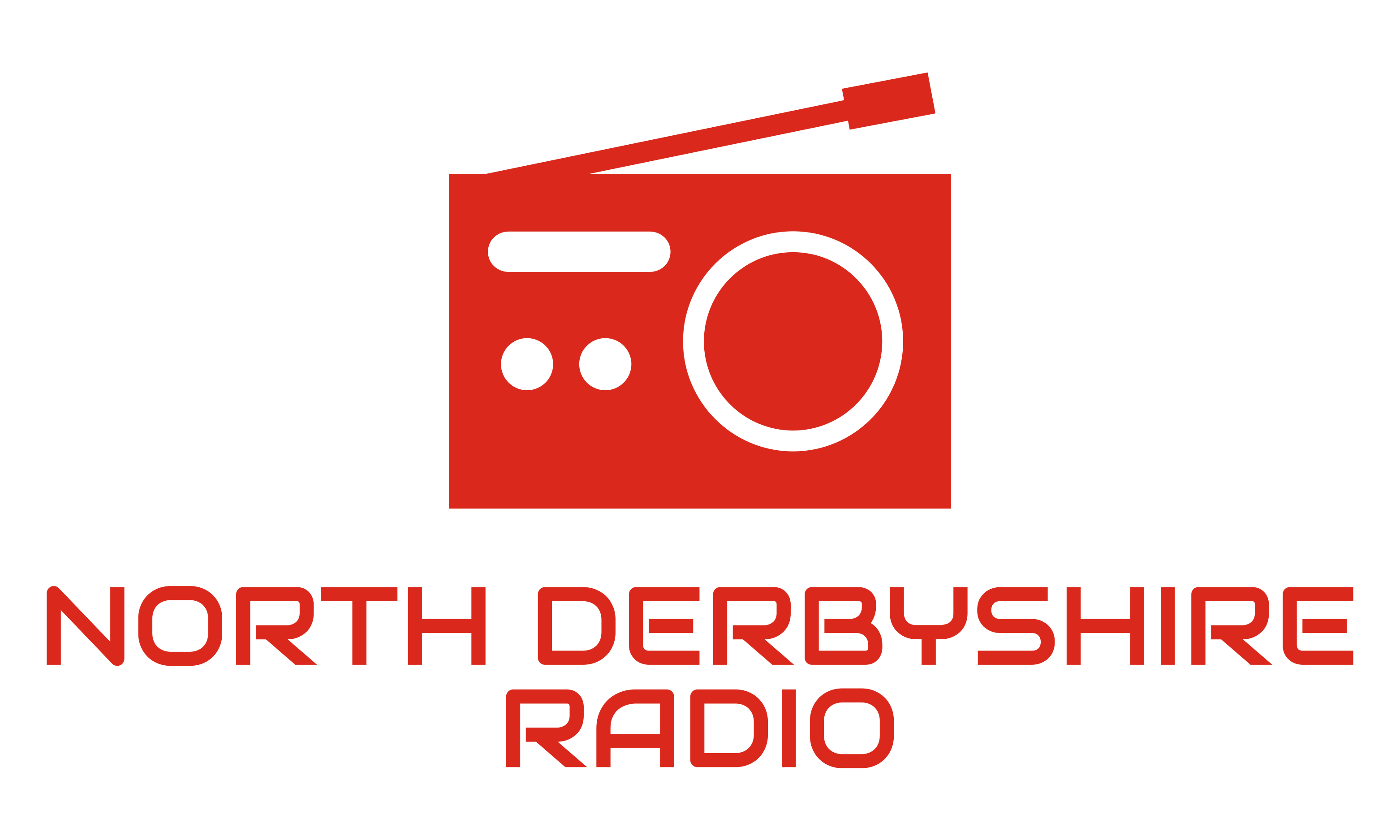
Inflation slowed to its lowest for 17 months in July due to a fall in energy prices and a slowdown in food price increases, according to official figures.
The Office for National Statistics (ONS) said Consumer Prices Index inflation was 6.8% in July, down from 7.9% in June.
It is the lowest rate since February 2022.
Nevertheless, it still represents a sharp increase in the cost-of-living for Britons over the past year and is significantly above the Government’s 2% inflation target.
Chancellor Jeremy Hunt said the easing of inflation shows “the decisive action we’ve taken to tackle inflation is working” but “we’re not at the finish line”.
“We must stick to our plan to halve inflation this year and get it back to the 2% target as soon as possible,” he added.
Prime Minister Rishi Sunak pledged at the start of the year to cut inflation in half, from a level of 10.7%, by the end of 2023.
Economists have most recently forecast that the Government will just achieve this, with the Bank of England currently projecting inflation to be around 4.9% in the last three months of the year.
The latest inflation reading was marginally below expectations, with analysts having predicted a reading of 6.7% for the month.
ONS deputy director of prices Matthew Corder said: “Inflation slowed markedly for the second consecutive month, driven by falls in the price of gas and electricity as the reduction in the energy price cap came into effect.
Published: by Radio NewsHub


